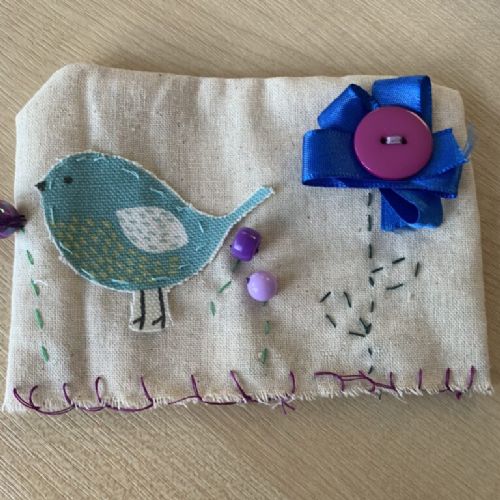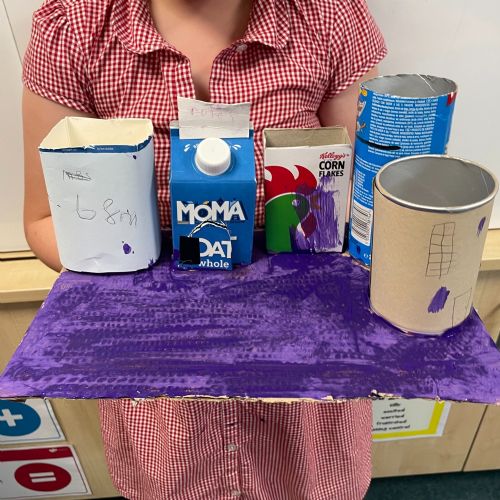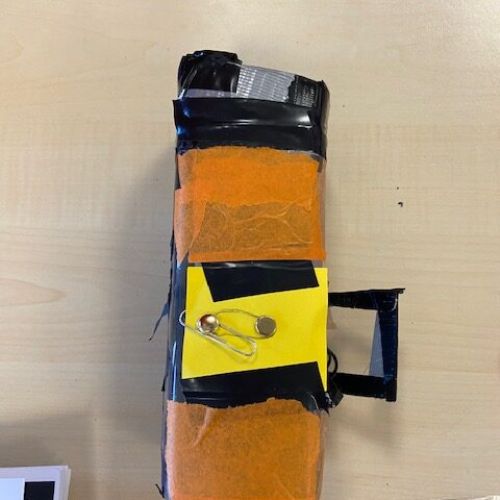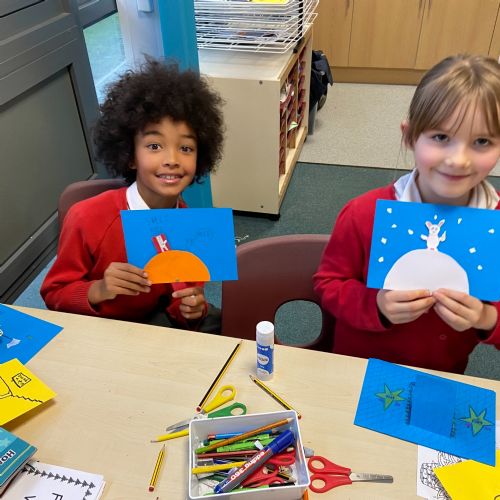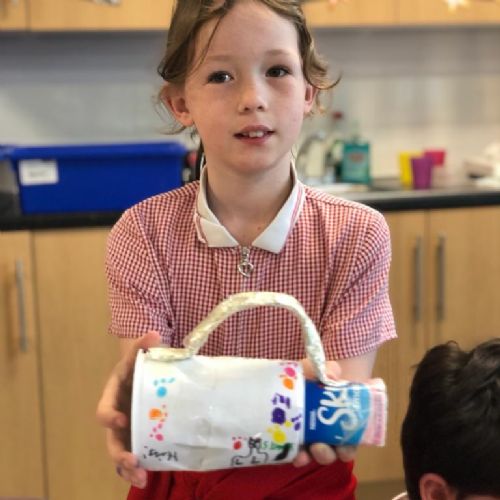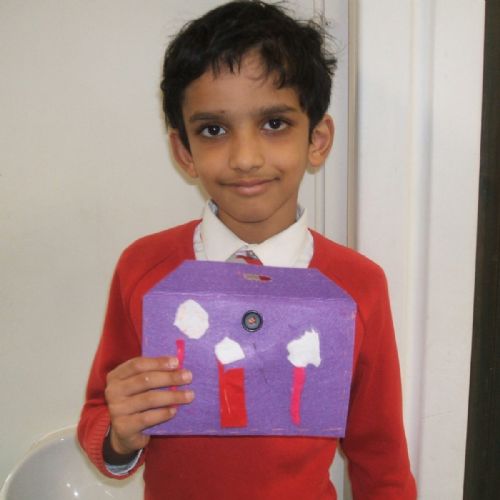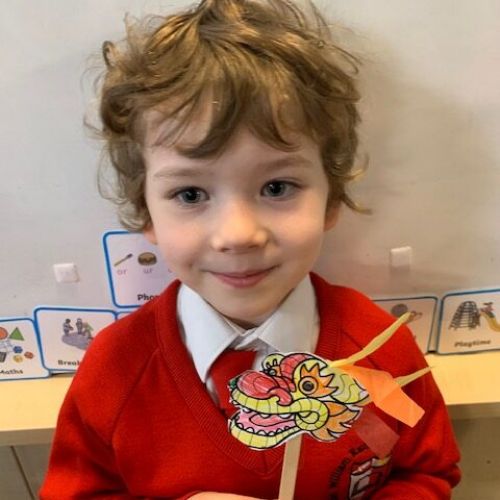Design & Technology
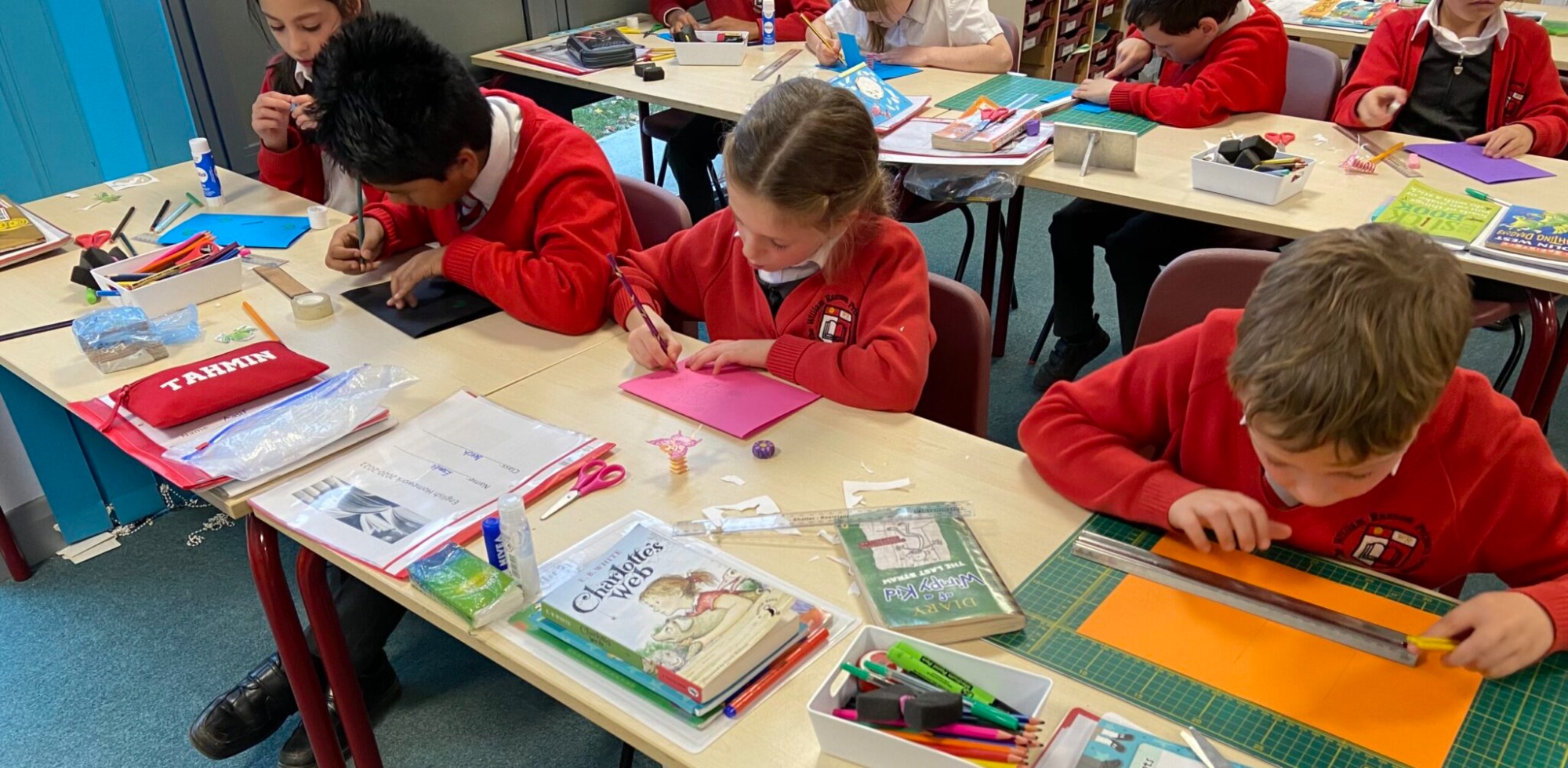
Intent
Our Design & Technology curriculum is inclusive and designed to inspire and engage all learners. We aim to provide a curriculum that enables every child to experience success and develop their creativity, problem-solving skills, and technical understanding. We want our children to be inventive, resourceful and innovative and for them to be confident to take risks. We intend for all pupils to gain knowledge in the product design cycle, building on the planning and ideas, creation and evaluation stages and their technical knowledge year on year so that they know more and remember more. They will design and make products that solve real and relevant problems within a variety of contexts, considering their own and others’ needs, wants and values – skills they will take with them into later life to succeed. Wherever possible, we aim to exploit links to other subjects in order for children to make connections and build on their knowledge.
Implementation
In EYFS, Design & Tecnology skills are learnt through child and adult-led activities within areas of the Early Years Framework such as Physical Development, Understanding the World and Expressive Arts and Design. These activities encourage children to explore how things work, select resources and develop their own ideas and ways to express them. From a more practical perspective, they learn how to use one-handed tools correctly and safely, helping them develop fine motor skills and practise constructing items using junk modelling and a variety of construction materials.
In Key Stage 1, D&T is taught weekly, and all projects cover one of the four key areas of the subject (mechanisms/mechanical systems, textiles, structures and food technology and nutrition). As well as this, children in Key Stage 1 complete a unit on a specific D&T principle to help consolidate and further learning.
In Key Stage 2, D&T is taught in a weekly block every half term and every two years children will have completed at least one project that covers the four key areas mentioned above, as well as a fifth - electrical systems. Children also continue to complete units on specific D&T principles and significant inventors and designers. Focusing on the 4, and then later 5, areas through children's primary years ensures progression of skills and for projects to fall under a variety of contexts.
Across key stages, projects encompass the skills of designing, making and evaluating and technical knowledge.
Impact
Our D&T lessons see children progress in a variety of skills by building on the same aspects of the subject each year, taking what they have learned previously and applying it to new projects that use similar techniques that then add to their knowledge. Experiencing the same process of designing, making and evaluating a product but within a different context, enables them to develop those abilities but also become better at adapting to new problems that are presented to them along the way.
Children record work in D&T project booklets, enabling them and teachers to see their progress.
However, it is not only these practical skills we help them acquire, but also life skills that they can take with them into further education and the working world. Our D&T curriculum teaches our children collaboration, to be confident to express their own opinions and at the same time take ohers’ ideas into consideration too.


